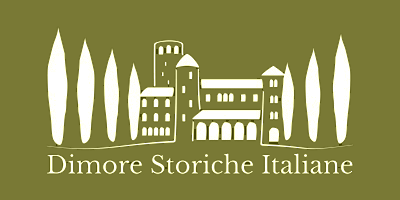The Body & Society Lab is a social sciences laboratory carrying out most of its activities in the Castle of Rocca Sinibalda.
The Lab focuses on the body and on its intertwining with society. Some of itskey working areas are: the body and political power, the social representations of the body, illness and health as social facts, gender and corporeality, the social history of the body, the body and the process of socialization.
The Body & Society Lab is strictly interdisciplinary. Its members and networks include sociologists, cultural anthropologists, psychoanalysts, social psychologists, historians, art historians, literary scholars,semiologists, and artists. In fact it encompasses the whole field of humanities, digital humanities and medical humanities. It welcomes free lance scholars without an institutional label and artists not yet engulfed by the commercial art circuit.
The Lab has been publishing its journal – appropriately titled Il buy essay Corpo (The Body) – for nearly 20 years. Its 3rd series started in 2012 as an all-digital edition. Both the printed and the digital series are available on the Lab’s site – www.ilcorpo.com -, along with research materials (Materiali), iconic essays (the Galleria), a section devoted to the digitalized copies of hard-to-find documents and texts, the blunt choices of the Libri da non leggere (Books not to be read), the News, and the Dalí influenced Diario paranoico-critico (the Paranoiac-critical Diary).
The body is the key player of all significantmetamorphoses. This is why the Lab has selected Rocca Sinibalda, the Castle of the Metamorphoses, as a major location for its program of activities in 2013-2015. Above all, the castle houses the projects of the Center for Digital Health Humanities, established to nurture the much needed cross-fertilisation of digital health and the medical humanities.
The Centre:
1. promotes research on the portrayals of health on the internet and on social media sites
2. offers training to physicians and health facilities’staff on the possibilities offered on the internet and all the new technologies to improve thestaff of doctor-patient relationship
3. promotes the development of apps and technological tools to improve the patients’ quality of life
4. provides networking technology tools that facilitate the exchange and a comparison with international health procedures and new technologies
5. studies and promotes the processes on one hand of crowd caring that facilitates access to care and on the other hand the care of even those who live in isolated or disadvantaged situations
6. promotes narrative medicine as a means of relationship and care
7. helps to raise awareness about the dangers of the online self-diagnosis or the online purchase of counterfeit drugs

